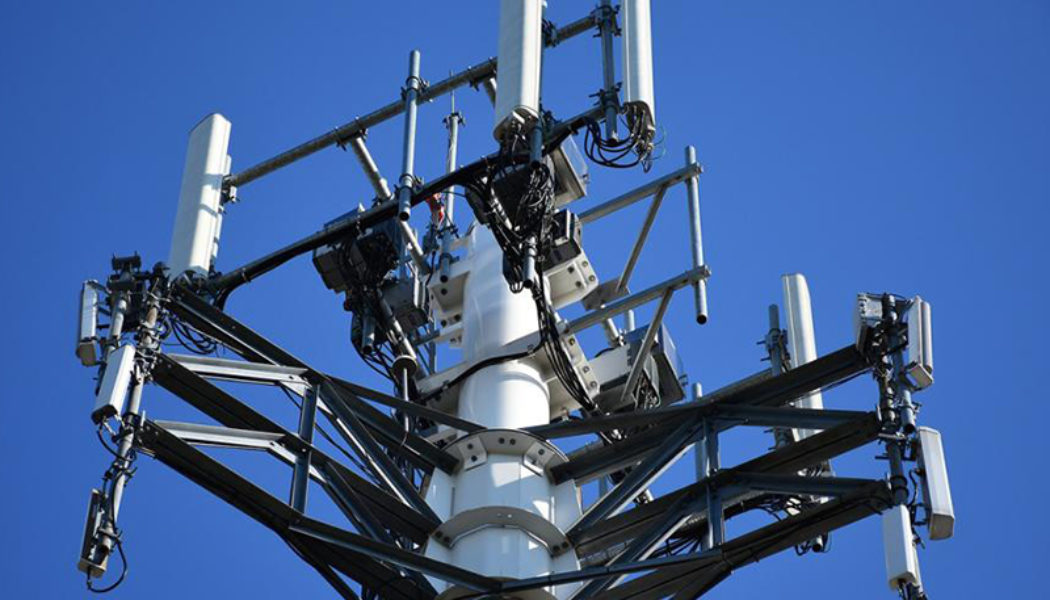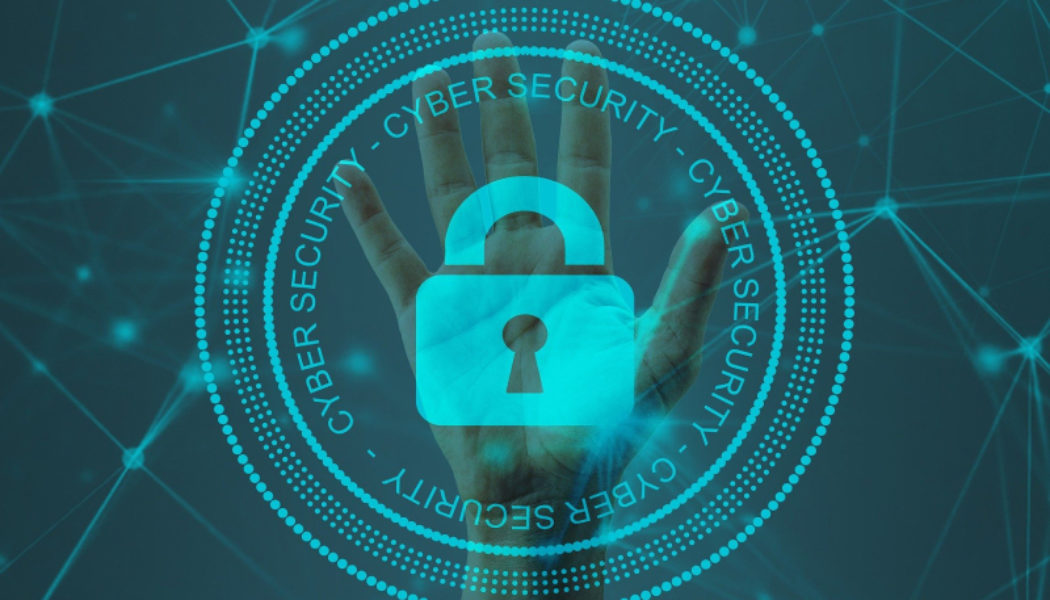Southern Africa
South Africa Could See Cheaper International Calls Thanks to ICASA
Sourced from PC Mag The Internet Service Providers’ Association of SA (ISPA) says that it welcomes moves by the Independent Communications Authority of SA (ICASA) to conduct a new ‘cost modelling exercise’ with regards to voice call termination rates and to introduce curbs on charges from local voice providers for terminating calls from outside of South Africa. The result is likely to be cheaper overseas calls and much-reduced phone fraud, says the Association representing over 200 Internet Service Providers (ISPs) members, many of which provide voice services. What are Call Termination Rates and how do they work: Call termination rates are the fees telecoms networks across the world levy on each other to ensure calls originally placed on another network can reach – or terminate – on their...
These Are the Cyber Dangers Still Faced by SA’s SMEs
Image sourced from Pixabay Internet security provider Kaspersky says that small to medium-sized enterprises (SMEs) and other small businesses in South Africa are still facing many threats from cyber criminals and threat actors. What’s worse is that many small business owners do not use or believe it important to use cybersecurity services to secure their businesses. As commerce is moving ever continually online, this disregard for IT security continues to be exploited by cybercriminals. Kaspersky researchers assessed the dynamics of attacks on small and medium-sized businesses between January and April 2022 and the same period in 2021, to identify which threats pose an increasing danger to entrepreneurs. Cyber Threats Still Being Faced by SMEs in South Africa: In 2022, the number of Trojan...
Yoco Launches New Online Payments Solutions at its Yoco Next Event
We use cookies on our website to give you the most relevant experience by remembering your preferences and repeat visits. By clicking “Accept All”, you consent to the use of ALL the cookies. However, you may visit “Cookie Settings” to provide a controlled consent.
How Loadshedding Can Cause Cyber Security Risks
Image sourced from Forbes. Work-from-anywhere (WFA) model have greatly expanded in South Africa in recent weeks, as loadshedding forces remote workers to seek power from a multitude of sources, in malls and coffee shops, meaning they may be alternating between mobile phones, tablets and laptops across any number of potentially unsecured public Wi-Fi hotspots. This mobility increases the cyber security risks presented by all these devices that are often poorly secured to begin with. Smartphones, in particular, have become a critical part of the remote workforce toolkit. They are such an integral part of each person’s daily routine, people may regard them as trusted and safe. As a channel to your personal data, banking and accounts, and a link to your work and business data, smartphones...





















